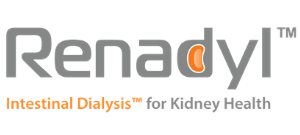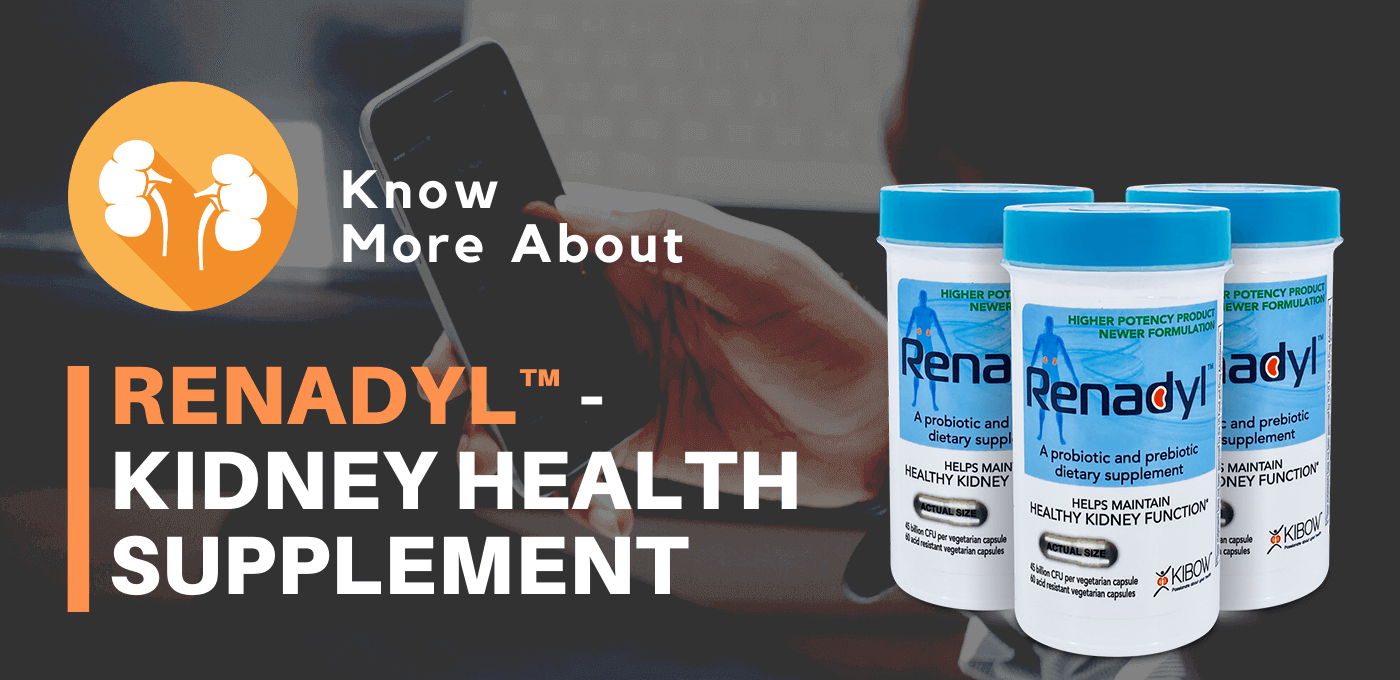eGFR – Understanding your lab values
Article posted in:
Dialysis
 Editor’s note: Dr. Jenna Henderson is back, sharing her knowledge about eGFR values and their significance in kidney disease.
Editor’s note: Dr. Jenna Henderson is back, sharing her knowledge about eGFR values and their significance in kidney disease.
What exactly is egfr?
Many kidney patients like to stay on top of their lab values, as these numbers reflect what is going on in their bodies. Understanding these lab values can often be tricky and it’s not always clear to the patient the ramifications of each number. This article is going to look at eGFR, estimated glomerular filtration rate, one of the most important values for any kidney patient.
The eGFR value will determine:
- What stage of kidney disease you’re in
- How you compare to others of your age
- Whether you are close to needing renal replacement therapy – dialysis or transplantation eGFR is an approximation of how much waste the kidney is capable
of filtering per minute.
This is a number derived from the creatinine value (Scr) and your age. It must also be adjusted if you’re female or African American.
The formula for determining eGFR is:

Luckily for those of us who are not mathematically inclined, we can simply plug in our values to determine our eGFR.
For children, there is another formula, because height is a greater determinant than age:

Determine your child’s eGFR. (Note: these are conventional units used in the U.S. Outside of the U.S., the international system of units (SI) is used, but these units can be easily converted.)
While a lab value of 100 would be optimal, an eGFR over 60 is considered healthy. Many labs don’t actually give a number but might say >60 mL/min/1.7m^2, which would indicate that the kidney is filtering well. As creatinine often does not rise until late in the process of kidney disease, eGFR may be less able to detect kidney damage in an early stage.
Significance of creatinine and age
Creatinine is a waste product that the kidneys need to remove. It comes from the breakdown of muscle tissue. Our muscle tissue is constantly breaking down and being built back up again, so our bodies produce creatinine consistently.
There are more than 100 different waste products that the kidneys need to filter out of the bloodstream, but we don’t calculate our kidney function using uric acid or blood urea nitrogen (BUN). We only use creatinine. As our muscle mass is relatively constant from one day to the next, creatinine will be a stable indicator of kidney function. Other markers like BUN can vary depending on our diet, but the creatinine will not.
Many patients have asked me, “So, if creatinine is a product of the breakdown of the muscles, is exercising with weights bad for the kidneys?” For most of us, exercise is a good part of a healthy lifestyle and the loss of muscle mass is not healthy for kidney patients. Some exercise is good but should be done in moderation. Extreme weight lifting can be too much of a burden for kidney patients. Having a greater muscle mass will raise your creatinine value somewhat. For this reason, a creatinine number may be slightly higher in young males. Generally, males have greater muscle mass, so their creatinine
numbers will be higher than that of females.
African Americans also have their eGFR numbers adjusted, as their creatinine can be higher and still within a normal range. There are many potential reasons for this, but a slightly higher reading is often not a reason to be alarmed.
Other than creatinine, age is also important in determining eGFR. Some loss of kidney function is part of the aging process. It’s okay that our kidneys are not filtering as well at the age of 70 as at the age of 20. A normal eGFR for a 20 year old is 116, while normal eGFR for a 70 year old is about 75. And for anyone, a value of eGFR close to 15 is a cause for concern. Anything under 15 is considered renal failure or stage 5 of chronic kidney disease(CKD). 
eGFR can determine the stage of CKD:
- Stage 1 — eGFR >90
- Stage 2 — eGFR 89-60
- Stage 3 — eGFR 59-30
- Stage 4 — eGFR 29-15
- Stage 5 — eGFR <15
In addition to eGFR, Cystatin C is another indicator of kidney function. Like creatinine, it is more constant than other uremic waste products, which makes it a reliable marker of kidney function. Unlike creatinine, Cystatin C doesn’t vary with muscle mass and it may be more accurate in early stages of CKD than creatinine. Cystatin C is not part of the standard renal panel, but it may become more common in the future.
The conventional view has been that eGFR cannot be raised. Once it starts to decline, the conviction was, it will only move down. While you cannot change your age, you can do much to improve your creatinine and how well your kidneys function. In consultations, I work with patients to support their kidneys and many times it is possible to lower creatinine and sometimes move back one stage on CKD scale. Cystatin C
Some ways to help your creatinine:
- Maintain a normal weight. Extra body weight makes the kidneys work harder.
- Stay well hydrated. Creatinine is measured per volume unit of blood and being dehydrated will show a more concentrated creatinine in the blood.
- Maintain healthy blood sugar levels, especially if you’re diabetic.
- Maintain healthy blood pressure levels.
- Eat a moderate to low protein diet.
Knowing your eGFR can help you gauge how well your kidneys are doing. At any stage of CKD, there’s always room for improvement. Those in early stages of kidney disease may be able to bring their condition into remission. Even those in later stages of the disease can often improve their kidney function and improve their quality of life.
About Dr.Henderson: As the Founder of Holistic Kidney (Connecticut), Dr. Jenna Henderson has been studying renal disease since 1993. A kidney patient herself, Dr. Henderson knows the process of kidney failure first hand and applies her experience to help kidney patients worldwide. As a naturopathic doctor from the University of Bridgeport, she works hard to help kidney patients live a long, happy life and stay off dialysis. Her safe and effective therapies are holistic and natural, and they help to preserve kidney function naturally. Her advice is sought by many patients and practitioners when other approaches to kidney disease have failed. She has been interviewed on public radio and published in Natural Medicine Journal. Nearly 3,500 people follow her updates on Holistic Kidney on Facebook. Visit her website at http://www.holistic-kidney.com/ or reach her holistickidney@gmail.com.





Comments
Leave a Comment